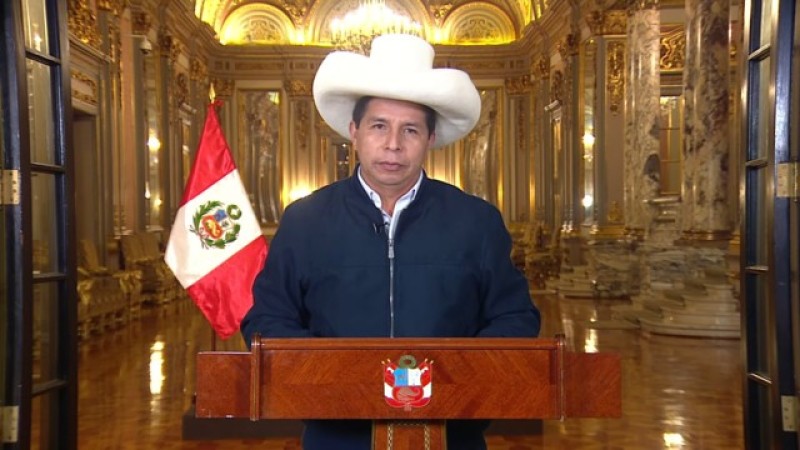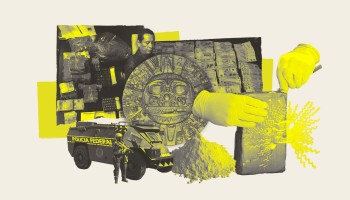“It is the first time” that a top prosecutor filed a so-called “constitutional complaint against a sitting President of the Republic before congress,” Peruvian Congresswoman Lady Camones said.
“Every citizen has the right to the truth, and the duty to do everything possible to know it, as a fundamental element of our democracy and a fundamental pillar of the public service,” she added.
According to prosecutors, Castillo headed a corruption ring in the Ministry of Transport and Communications together with former minister Juan Silva Villegas as well as with other officials and businessmen to favor the bids of the Puente Tarata consortium and other companies when awarding contracts for public works.
Juan Silva - who is currently under the radar - had allegedly arranged bribe payments of 0.5% of the total project granted to Puente Tarata. Castillo’s nephews would have taken about $25,000 each, while the rest of the money would be split between the then Minister of Transport and the President.
As part of the investigation, Peruvian authorities arrested five former Castillo advisers and raided the house of his mother and sister.
In addition to Juan Silva, the former Minister of Housing, Construction and Sanitation, Geiner Alvarado López, was also accused of involvement in Castillo’s alleged criminal organization.
Castillo said last month that he is a victim of political persecution and called the prosecutor’s accusation a “new type of coup d’état.” Later, in a dramatic statement, he suggested that he was willing to die for his fellow countrymen. “Here I am and if my blood has to flow in the streets for the benefit of the people, then so be it. If I have to give my life, I will.”
Now, “it is up to this Parliament, the legitimate representative of all Peruvians, an essential part of our democracy, to guarantee the accusation and the search for the truth, which is carried out within the framework of respect for due process guaranteed by the Constitution,” Camones said.



.jpg/c33a4b1575b580cf3faa358ddae0f70d/sadyr-japarov-kremlin-(1).jpg)

